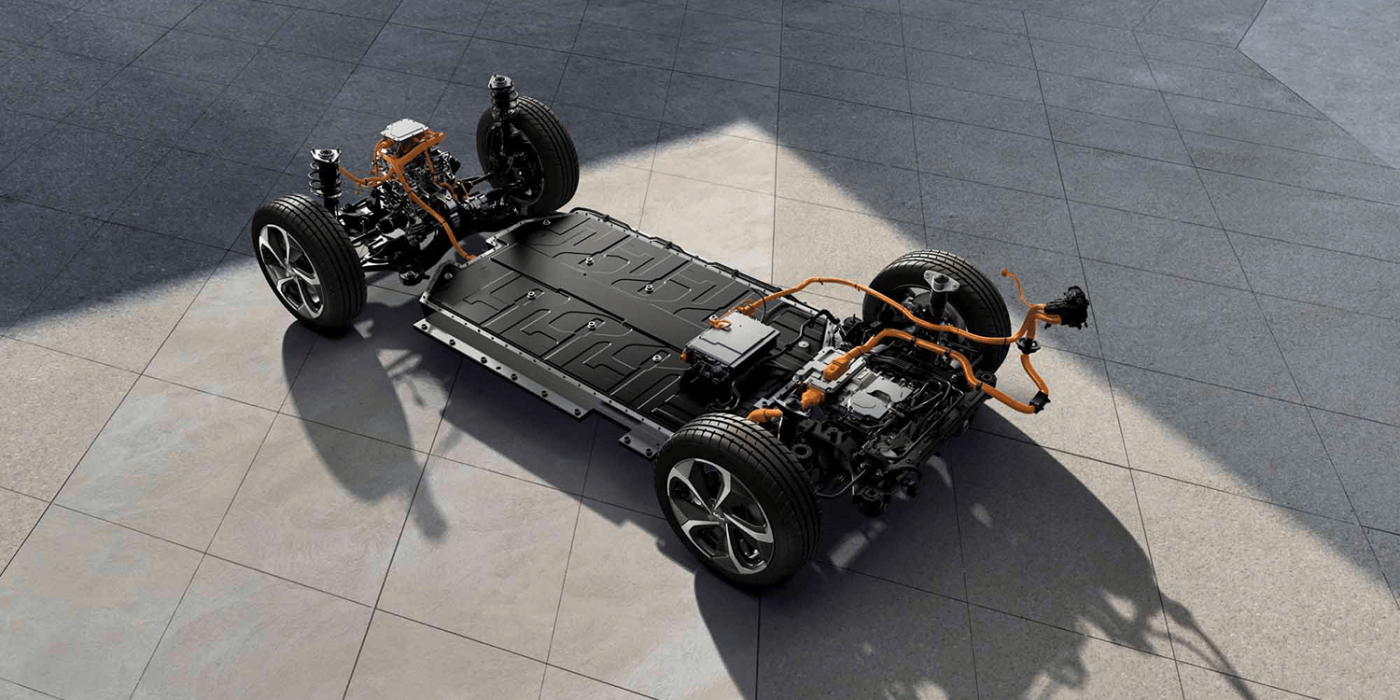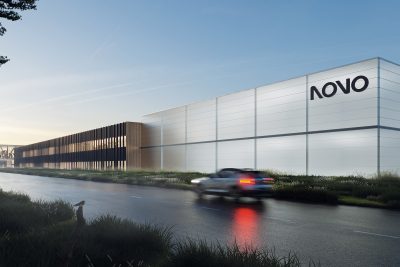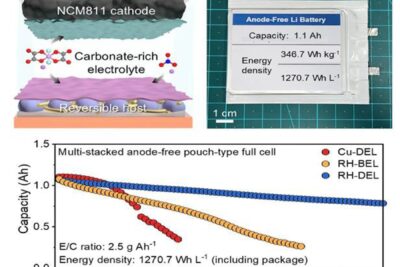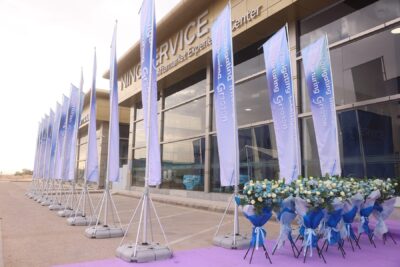Hyundai sets up battery task force
According to the report by the Chosun newspaper, the task force team is to lead internal battery development and drive the technology forward. There are “growing concerns it could fall behind,” according to the report. The report cites BYD’s presentation at the end of March, when the Chinese battery and car manufacturer unveiled the new Han L EV and Tang L EV, which can be charged with up to 1,000 kW, corresponding to a range of 400 kilometres (according to CLTC) in five minutes, as the trigger.
The so-called ‘B Task Force’ is said to have been founded on 7 April and assigned to the production department. The group is headed by Executive Vice President Jung Jun-cheul, Head of Production. However, key battery experts from the Hyundai Motor Group such as Kim Chang-hwan (energy solutions for electric vehicles), Choi Jae-hoon (head of battery development) as well as Lee Woo-sung (energy solutions for electrification), Seo Jung-hoon (battery design) and Kim Dong-geon (battery cell development) are also to be members of the committee.
The stated aim is allegedly ‘to build an integrated system to strengthen battery competitiveness in the long term’. However, Chosun’s report also refers to internal company sources, according to which the team’s main task is to bundle battery development within the group and drive the technology forward.
Hyundai, Kia and Genesis currently source the battery cells for their electric cars exclusively from external partners, primarily LG Energy Solution and SK On, but also CATL. The in-house battery development department has so far limited itself to adapting the suppliers’ cells to its own vehicles, sometimes in close partnership with the cell manufacturers. For example, the Hyundai Casper Electric (called Inster in Europe) and the Kia EV3 have battery cells that were jointly developed by Hyundai and LGES.
Although Hyundai has regularly been rumoured to have plans for its own battery production in the past, these have tended to focus on the future production of solid-state cells. In October, however, there was a report that Hyundai wanted to finalise the development of “ultra-high-performance LFP batteries for electric vehicles” by 2025. This is said to involve energy densities of 300 Wh/kg, which would even surpass the LFP cells of Chinese manufacturers. However, the LFP development is to be carried out together with South Korean battery partners – who will take on the main development work and Hyundai will ‘only’ influence the battery design with regard to its vehicles.
In September 2024, The Korea Economic Daily reported that Hyundai was planning to produce its own battery cells from 2027 – albeit initially on a pilot scale of one to two GWh per year. These are to be NCM battery cells, such as those used in the E-GMP models – currently with a charging capacity of up to 260 kW. It is not yet known whether and how these plans will be influenced by the new task force.
In its report, Chosun refers to South Korean industry experts who point to the growing urgency of BYD’s own battery projects in view of the pace of development at BYD. But costs also play a role. “If you rely on outside suppliers, there’s a limit to how much you can bring prices down,” one insider is quoted as saying. “That’s why companies like Mercedes-Benz and Hyundai are now betting big on internalizing battery technology.”





0 Comments